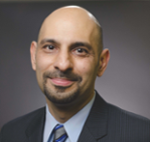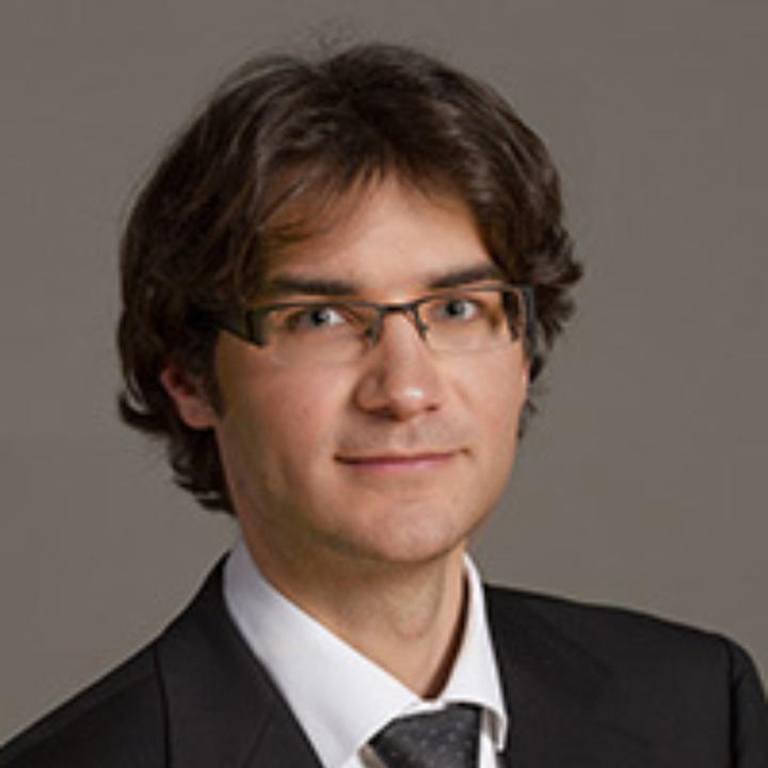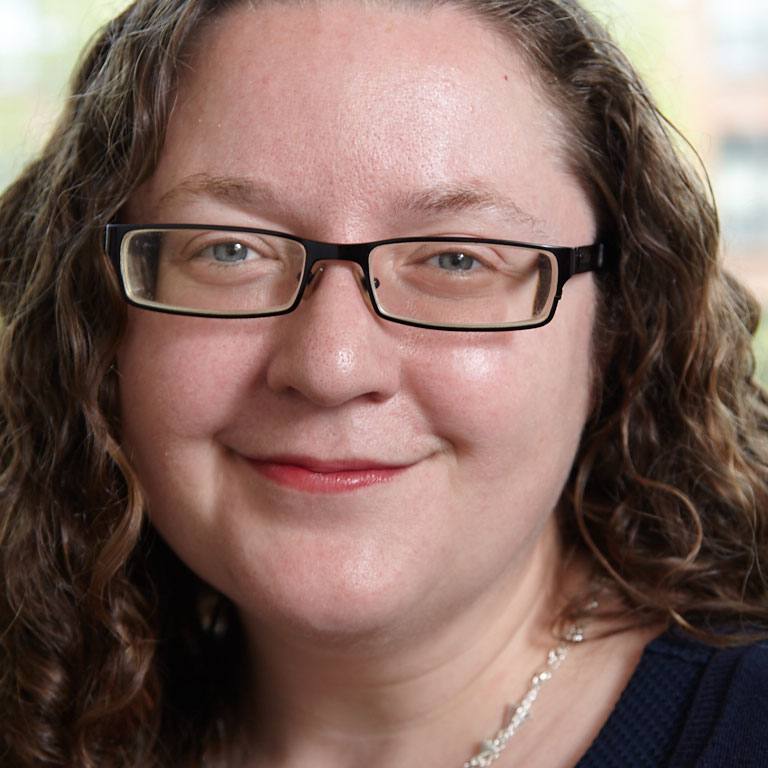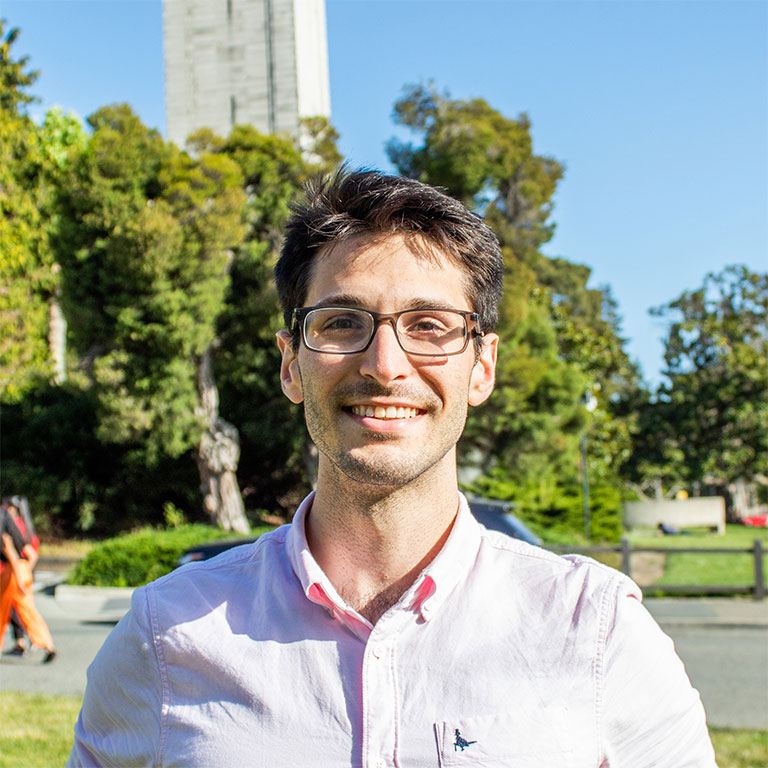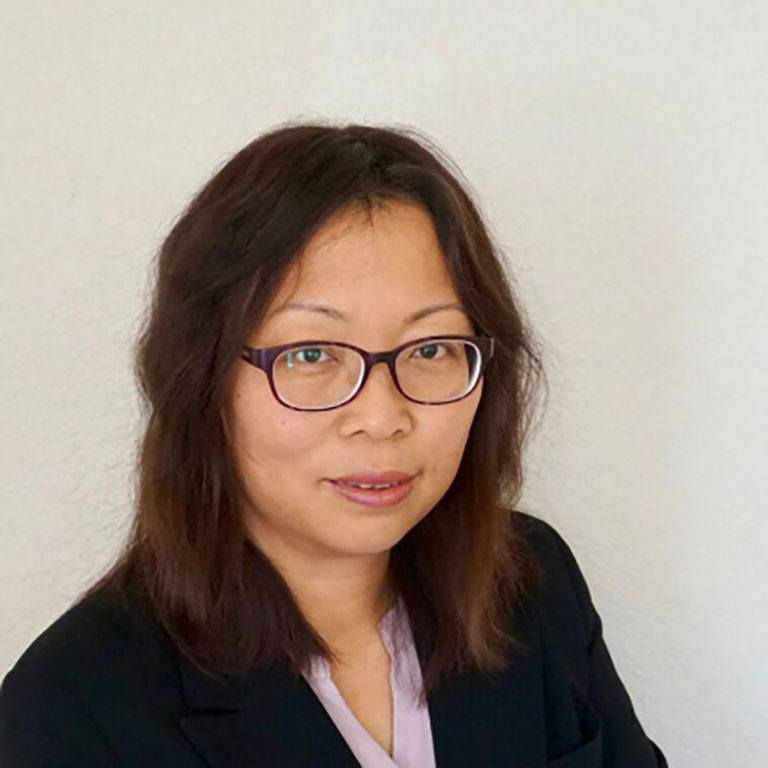The Workshop in Cultural Affairs series advances the Center for Cultural Affairs’ priorities around training, research, and field-building. These biweekly workshops take place via Zoom on Wednesdays from 12-1pm EDT and they highlight researchers at the O'Neill School, the greater Indiana University community, and beyond. The workshop connects cultural affairs experts together in a forum for scholarly discussion, debate, and exploration of the important issues being faced in the field of cultural affairs. Those interested in joining the conversation can register at the link below and can reach out to ccaoneil@iu.edu to join the workshop listserv.
Workshop in Cultural Affairs
Neville Vakharia, Drexel University
September 29, 12pm EST
Topic: "Cultural Asset Mapping for Advocacy and Impact"
Neville Vakharia is the Associate Dean of Research & Planning and an Associate Professor in Drexel University's Westphal College of Media Arts & Design, teaching courses in leadership, strategic planning, entrepreneurship, and related subjects while undertaking research and development projects that seek to strengthen the arts, cultural, and creative sector. His research centers on the role that technology, innovation, and knowledge play in building sustainable, resilient, and relevant organizations and communities. His work has been published internationally, and he has developed new tools and resources to benefit the cultural and social sectors. Neville is a frequent speaker, facilitator, and panelist for a wide range of conferences and events nationally and internationally.
Prior to Drexel, Neville was the director of the Cultural Data Project at The Pew Charitable Trusts (now SMU DataArts), a growing national initiative created to improve the management and financial capacity of arts and cultural organizations, inform grant-making strategies, and serve as a powerful tool for policy research and analysis. At Pew, he oversaw the program’s strategic direction, operations, and national expansion from a start-up enterprise to a multi-million dollar organization.
Prior to Pew, Neville was Director of Technology Services and Programs for the Arts & Business Council of Greater Philadelphia, where he developed and launched the Technology Connectors, a program designed to support the technological capabilities of the region’s arts and cultural organizations through education, strategic planning, and consulting. He served as Director of Marketing for the Prince Music Theater, overseeing all audience development and branding strategies, and for 12 years, he was the founder and co-producer of the ArtsFest Film Festival, central Pennsylvania's largest film festival.
Neville also has more than 10 years of experience in the corporate sector, working in new product development, marketing, and global product management for W.L. Gore & Associates, Inc., manufacturer of GORE-TEX products. Neville holds two international patents and has developed several new products and technologies. He earned both his bachelor of science degree in materials engineering and his master of science in arts administration from Drexel University, where he is completing a Ph.D. in Information Science. He serves on the board of directors of CultureWorks Greater Philadelphia, Social Impact Commons, and the Philadelphia Cultural Fund, and he is the co-editor of Artivate: A Journal of Entrepreneurship in the Arts. Neville also serves as an advisor to many creative, start-up, and social enterprises and community-based organizations.
Tamás Szabados, Eötvös Loránd University
October 13, 12pm EST
Topic: In Search of the Holy Grail of the Conflict of Laws of Cultural Property
Szabados is the Senior Lecturer of Private International Law and European Economic Law at the Faculty of Law of Eötvös Loránd University, Hungary. In 2012, he received his Ph.D. from this institution with a thesis entitled “The Transfer of the Company Seat within the European Union - The Impact of the Freedom of Establishment on National Laws.” He also holds an LL.M. degree from the University of London, United Kingdom. Szabados's talk will touch on topics related to his recent publication in the International Journal of Cultural Property, "In Search of the Holy Grail of the Conflict of Laws of Cultural Property: Recent Trends in European Private International Law Codifications."
Jennifer Benoit-Bryan, Slover Linett Audience Research
October 27, 12pm EST
Topic: Culture & Community in a Time Transformation
Jen Benoit-Bryan is the Vice President & Co-director of Research at Slover Linett, a firm that uses the tools of research and evaluation to help the cultural sector understand its participants and communities, experiment with new strategies for engagement, and connect more deeply with more people. Jen is the Principal Investigator for the National Culture & Community research series, one of the largest studies of cultural behavior conducted in the United States.
Over the past seven years at Slover Linett, Jen has worked on wide-ranging, often multi-year projects with a variety of clients across the cultural sector including the Wallace Foundation, the Barr Foundation, the William Penn Foundation, National Academy of Sciences, IMLS, Central Park Conservancy, the Kennedy Center, Museum of Fine Arts Houston, Carnegie Hall, Washington National Opera, Ballet Austin, the High Line, and SFMOMA. Jen earned her Ph.D. in public administration & research methodology at the University of Illinois, Chicago. Jen's talk will relate to Culture & Community in a Time of Transformation – a “sneak peek” of emerging findings from a national study of more than 75,000 people across the United States exploring the shifting role of arts and culture in people’s lives through the pandemic, the growing desire for changes towards equity in arts and culture organizations, and the ways that digital arts engagement have broadened and diversified participation.
Jakob Brounstein, University of California, Berkeley
Novemeber 10, 12pm EST
Topic: "Public investment in the arts and cultural agglomeration: Evidence from the New Deal"
Jakob Brounstein is a PhD Candidate in economics at UC Berkeley studying public finance and labor economics. His main areas of interest focus on tax avoidance/evasion and inequality, but also extend toward broader issues of fiscality and the impacts of programmatic government spending.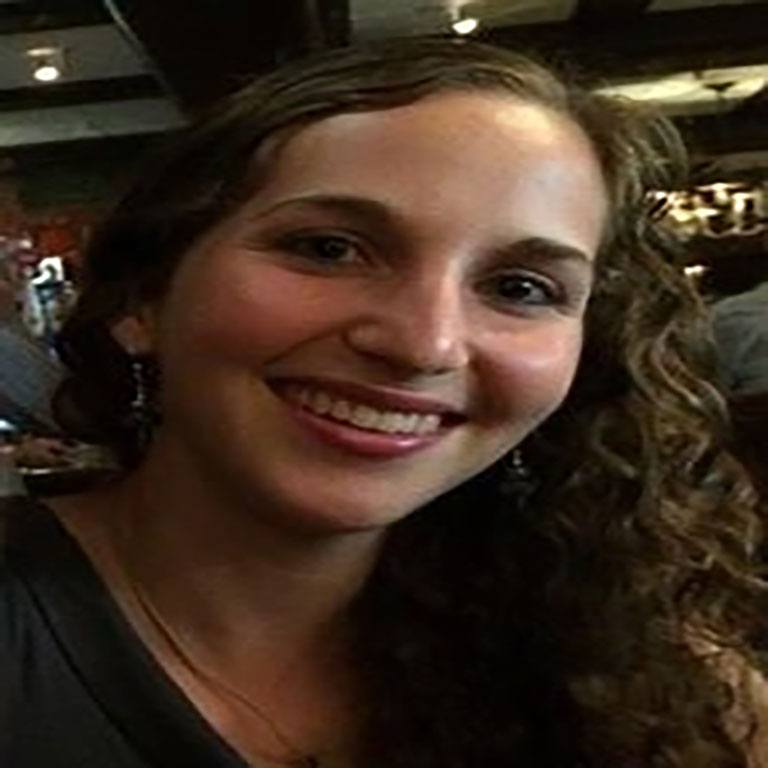 Hannah Wohl, University of California, Santa Barbara
Hannah Wohl, University of California, Santa Barbara
January 26, 12pm EST
Topic: "What is Creativity? How Contemporary Artists Judge their Work."
Hannah Wohl is an assistant professor in sociology at University of California, Santa Barbara. She received her Ph.D. in sociology from Northwestern University and completed a postdoctoral fellowship in sociology at Columbia University. Wohl's work explores judgment and valuation in social interaction, with a focus on creative industries. She is particularly interested in how aesthetic judgments interact with other forms of judgment, such as economic and moral judgments.
Her book, Bound by Creativity (University of Chicago Press), examines experimentation and social interactions in the field of contemporary art to analyze how artists produce and circulate distinctive bodies of work. Areas of interest include: creative industries, culture, markets, knowledge, valuation, sociological theory, and qualitative methods.
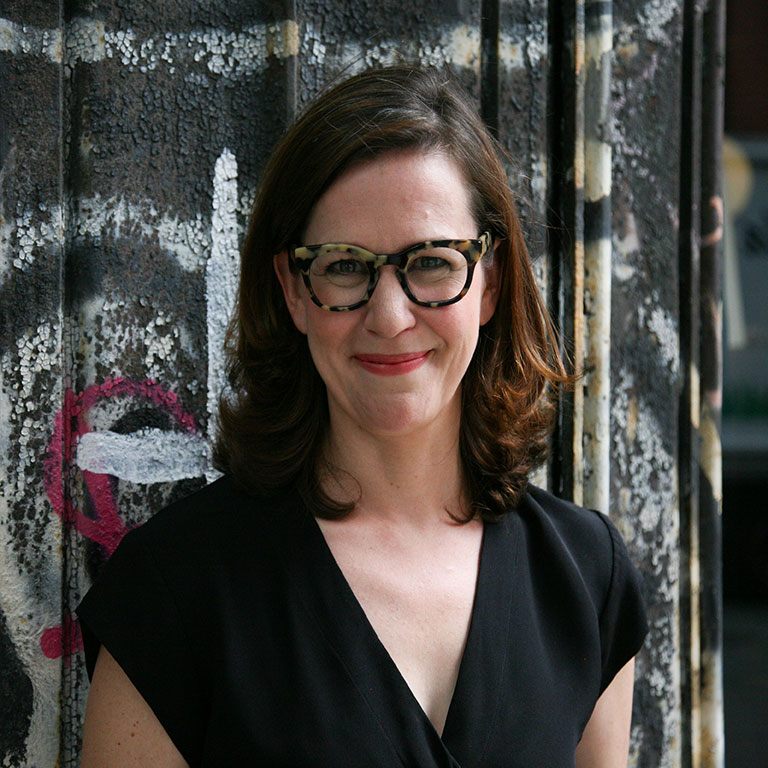
Amy Whitaker, New York University
February 9, 12pm EST
Amy Whitaker is an assistant professor of visual arts administration at New York University’s Steinhardt School. Her research explores the frictions between art and markets and proposes new systems of economic support for artists using fractional equity and blockchain. Her academic papers have appeared in Management Science, Journal of Cultural Economics, and the International Journal of Cultural Policy, among others.
Her work on Equity for Artists was a finalist in Fast Company’s World Changing Ideas Competition, and she is the 2021 recipient of the European Academy of Management’s Edith Penrose Award for pioneering research. Her research has been cited in the Financial Times, Time Magazine, Fast Company, The Atlantic, The Guardian, and Harper’s. She the author of three books including Museum Legs, Art Thinking, and Economics of Visual Art. She holds an MBA from Yale and an MFA from University College London as well as a PhD in political economy from Goldsmiths, University of London. She serves as the co-chair of the College Art Association Committee on Intellectual Property and as vice-president of the Art, Antiquities, and Blockchain Consortium.
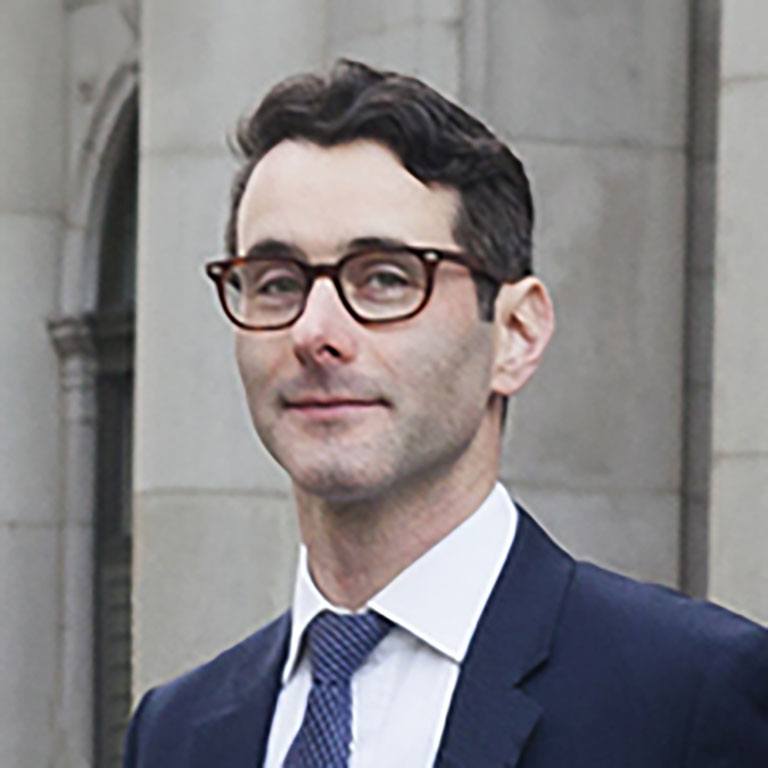
Alexandre Frenette, Vanderbilt University
February 23, 12pm EST
Topic: "The new mailroom: how music industry interns become socialized into precarious work"
Alexandre Frenette is Assistant Professor of Sociology and Associate Director of the Curb Center for Art, Enterprise, and Public Policy at Vanderbilt University. He uses mixed-methods to study how workers attempt to launch and sustain careers in the precarious economy using the cultural and creative industries as a case study. Drawing on fieldwork in the music industry and data from the Strategic National Arts Alumni Project, he is currently working on a monograph about the challenges and the promise of internships as part of higher education, tentatively titled The Intern Economy (under advance contract, Princeton University Press).His writings on artistic workers and the intern economy have been published in journals including Work and Occupations, Social Psychology Quarterly, Research in the Sociology of Work,Cultural Trends, and the Journal of Arts Management, Law, and Society. His research has been supported by two research grants from the National Endowment for the Arts and has earned awards from the Society for the Study of Social Problems as well as the Labor and Employment Relations Association.
Qingfang Wang, University of California Riverside
March 9, 12pm EST
Topic: "Fostering Art and Cultural Entrepreneurship in Underserved Communities"
Qingfang Wang's research area lies broadly in immigration, labor market, and development. With a Ph.D. in geography, Wang is particularly interested in how place–as both work site and residential location–interacts with race, immigration status, and gender in shaping labor market experiences and social-economic wellbeing. Her work has been funded by the Kauffman Foundation, National Science Foundation, HUD, and other agencies. Her recent work includes research on immigrant, ethnic and female entrepreneurship, and transnational migration of the highly skilled, especially in the higher education sector.Mirae Kim, George Mason University & Alisa Moldavanoa, Wayne State University

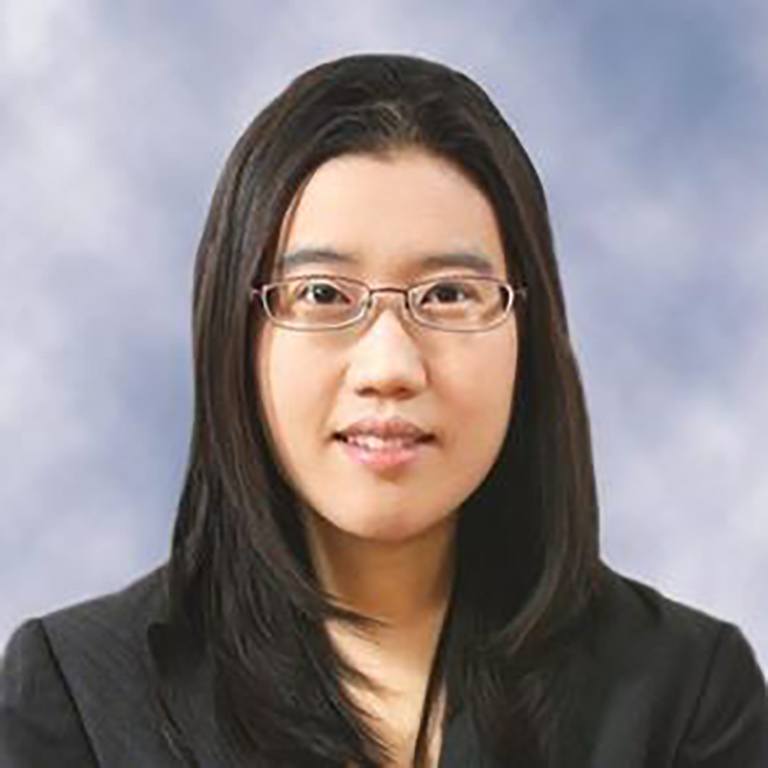
March 23, 12pm EST
Topic: "Cultural nonprofits, organizational connectedness, and pandemic-caused crisis"
Mirae Kim is an associate professor of Nonprofit Studies at the Schar School of Policy and Government. Before joining the Schar School, Kim was a faculty member of the Andrew Young School of Policy Studies at Georgia State University from 2017 to 2020, and before that she taught at the Harry S. Truman School of Public Affairs at the University of Missouri. Kim earned her PhD in 2014 from Rutgers School of Public Affairs and Administration and a master's degree from Carnegie Mellon University. Kim earned her bachelor's degree in English literature from Seoul National University in South Korea and was an exchange student for over a year at Auckland University in New Zealand. Finally, Kim was a member of the Penn Social Impact Doctoral Fellows Program.
Currently, Kim serves as a co-editor of the Nonprofit Policy Forum. Kim is currently part of the research team that builds the National Survey of Nonprofit Trends and Impacts and the Nonprofit Organization Research Panel Project (NORPP) Manager, both of which aim to improve how we study nonprofit organizations. These projects are funded by various institutions including the Generosity Commission and National Science Foundation. Kim has been also leading the “Nonprofit Organization Research Panel” project since 2015, which she created to provide valuable information for nonprofit practitioners while producing much needed data for researchers in the nonprofit community. This initiative was inspired by her previous role as a managing editor of the Civic Engagement magazine that seeks to facilitate discourse about public service – and broaden interest in the field.
Alisa V. Moldavanova is Associate Professor of Public Administration and Nonprofit Management in the Political Science Department and Coordinator of the Graduate Certificate in Nonprofit Management. Her research investigates organizational sustainability in the context of public service organizations, the role of inter-organizational networks and other forms of social connectedness in enabling sustainable organizations, as well as how nonprofits and other public service organizations foster sustainable development in their local communities. She is also conducting research on the role of civil society and nonprofit sector organizations in advancing democracy.
Prior to embarking on her academic career, she served in leadership positions in international development organizations, and in public and nonprofit sector organizations in Ukraine, focusing on international exchange, foreign policy, youth development, and cultural management. She is a 2009 Edmund S. Muskie Graduate Fellowship alumna (IREX, U.S. Department of State) and is fluent in English, Ukrainian, and Russian.
Dr. Moldavanova's research areas include public and nonprofit management, comparative civil society, and ethics and sustainability studies. She is currently conducting a national research study investigating the contributions of nonprofit cultural organizations to community sustainability, as well as the role of organizational strategy in fostering such contributions. Her other research investigates the sustainability of cultural organizations, including in the Detroit metropolitan area, and how arts and culture organizations use inter-organizational relationships and other collaborative strategies to cope with external stress and achieve long-term sustainability.
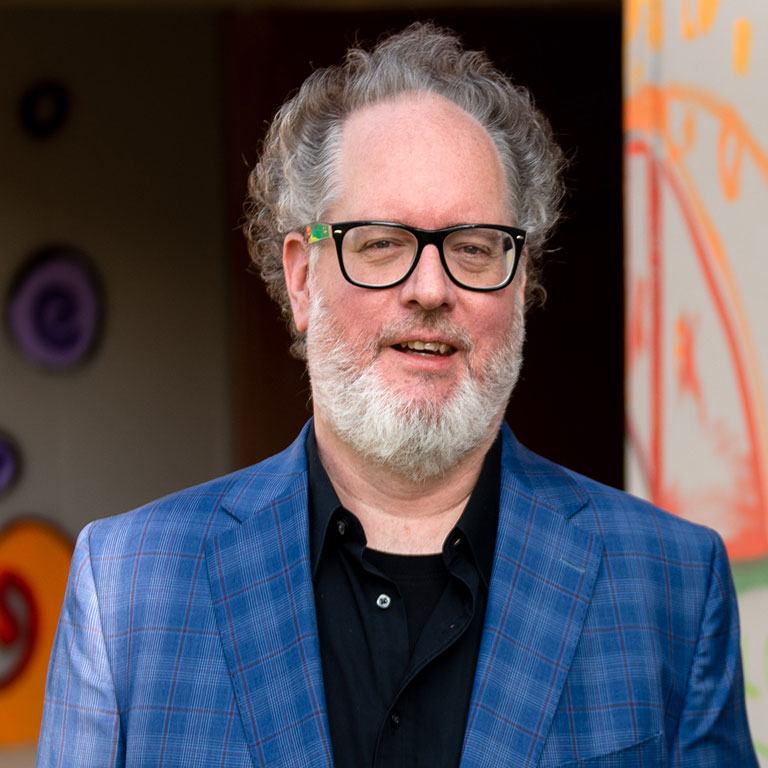
Michael Seman, Colorado State University
April 6, 12pm EST
Topic: "The Economic, Cultural, and Social Impacts of Music Venues"
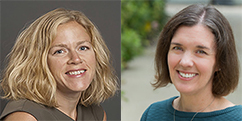
Amanda J. Ashley, Boise State University & Dr. Carolyn Loh, Wayne State University
April 20, 12pm EST
Topic: Placemaking in Practice: Municipal Arts and Cultural Plans' Approaches to Placemaking and Creative Placemaking
Dr. Amanda J. Ashley is an Associate Professor of Urban Studies and Community Development in the School of Public Service at Boise State University. Her research focuses on arts economic development, creative placemaking and placekeeping, and civic engagement. Her recent work centers on diversity, equity, and inclusion in arts and cultural planning, and the role of universities and colleges in artistic workforce development. She recently received an National Endowment for the Arts grant to study higher education institutions as arts and cultural anchor institutions. She holds a M.U.R.P. from the University of Minnesota, and a Ph.D. in City and Regional Planning from the University of Pennsylvania.
Dr. Carolyn G. Loh is an Associate Professor of Urban Studies and Planning at Wayne State University. A former practicing planner, her research focuses broadly on municipal planning and land use regulatory processes and the actors and politics involved in those processes. She has published peer reviewed research on plan implementation, planning capacity, planning ethics, the role of consultants in the planning process, inter-governmental collaboration, local decision-making on fracking regulations, land use planning for equity, placemaking, and arts and cultural planning. She holds an M.U.P and a Ph.D. from the University of Michigan.
Susan Oman, University of Sheffield
May 4, 12pm EST
Topic: "Understanding Well-being Data: a cultural problem"
Susan Oman is Lecturer in Data, AI and Society at the University of Sheffield. Prior to this, she held two consecutive fellowships looking at data in the creative economy, working in partnership with Arts Council England to improve data and diversity practices in the English cultural sector. Her PhD was an interdisciplinary study on the cultural politics of data, participation and well-being, specifically concerned with the contexts of metrics and knowledge production for policy and the UK's Office for National Statistics. Her monograph Understanding Well-being Data: Improving social and cultural policy, practice and research is published open access by Palgrave McMillan in October 2021.
Biennial Research Conference
The Biennial Research Conference gathers researchers from around the globe doing work in cultural affairs. The conference focuses on a different theme, or themes each session. Interested researchers submit abstracts for papers to be presented at the research conference. Select papers are reviewed and invited for presentation at Indiana University in Bloomington.Cultural Policy Beyond the Here and Now: What do we owe to Future Generations?
June 7, 2021
This virtual event gathered researchers from around the globe doing work in cultural affairs. This year’s conference titled Cultural Policy Beyond the Here and Now: What do we owe to Future Generations? addressed cultural policy, specifically on the theme of policies that promote the preservation of culture and the arts for future generations. While the United Nations Educational, Scientific and Cultural Organization (UNESCO) has established protocols for the preservation of Intangible Cultural Heritage, how choices are made in terms of what most calls for preservation, the means by which this is achieved, and the decision-making processes, all warrant further study, in addition to how these principles are, explicitly or implicitly, adopted in national cultural policy.
Our conference brought together a group of international scholars from disciplines in the social sciences, humanities, and sustainability, to present research and scholarship in panel sessions. We also hosted policy makers for a series of roundtables discussing the conference theme in partnership with the Cultural Research Network (CRN).
Program and Policy Evaluation in Cultural Affairs
Decision-makers in the private and public sectors pursue desired outcomes for the creative industries, and the cultural sector in general, through various programs and policies. This puts great importance on empirical analyses of the success, or lack of success, in achieving those desired outcomes. Rigorous evaluation of programs and policies is essential in learning what interventions are more effective than others in achieving goals, the relative cost of programs relative to their outcomes, what are the unintended consequences of programs and policies, and ultimately in improving the efficacy of cultural policy.
This call for papers sought original applications of program and policy evaluation in the creative industries and arts policy.
Authors of selected proposals were invited to share their research at the May 2019 symposium that was held at the O'Neill School of Public and Environmental Affairs at Indiana University in Bloomington, Indiana. This research was published in a special edition of Cultural Trends.


